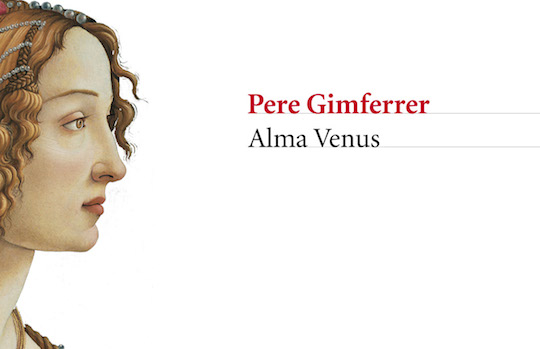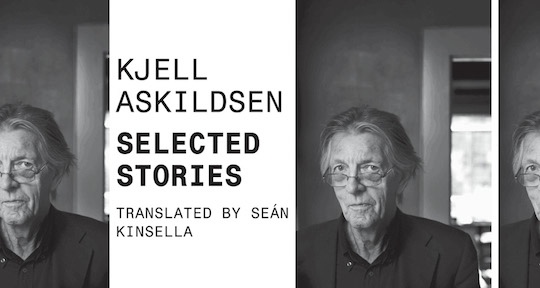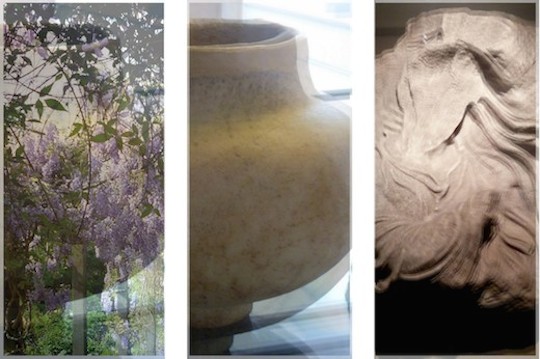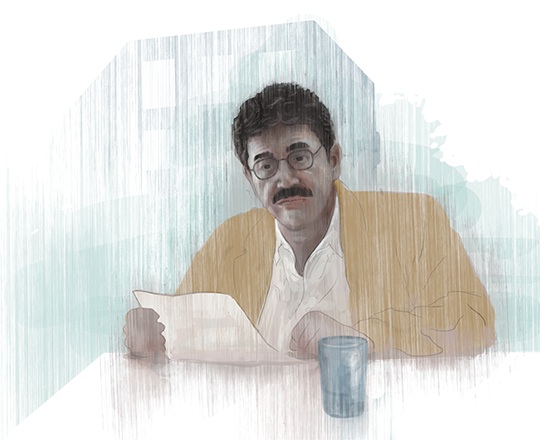Read all previous posts in Asymptote’s “Mimes” translation project here.
Two talented translators took on today’s portion of Marcel Schwob’s Mimes, with different-yet-stunning results that together call attention to the transformative power of translation. Jean Morris begins with her translations, commentary, and illustrations, followed by Virginia McLure’s more modern take on Schwob.
Mime VI. The Garlanded Jar
The jar is honey-coloured earthenware, its base thrown by the skilled hands of a potter, but I smoothed its rounded belly into shape myself and filled it with fruit as an offering to the garden god. Alas, though, the god’s attention is elsewhere: fixated on the quivering foliage, in fear that robbers might breach these high garden walls. In the night, dormice rooted stealthily among my apples and gnawed them to the pips. Here these shy creatures were, at four in the morning, waving their downy black-and-white tails. And here, at dawn, came Aphrodite’s doves to perch on the violet-stained rim of my clay pot, fluffing up their tiny, flickering neck feathers. As I watched here, beneath the trembling noon light, a young girl alone stepped forward to the god with crowns of hyacinths. She saw me, of course, crouched behind a beech tree, but paid me no heed as she laid her garlands on the jar, now emptied of its fruit. What do I care if the plucking of his flowers displeases the god, if the dormice gnaw my apples and the doves of Aphrodite bow their tender heads to one another? Drunk on the heady scent of freshly gathered hyacinths, I twined some in my hair, and here I shall wait until tomorrow for my girl who comes at noon, my garlander of jars.
READ MORE…







